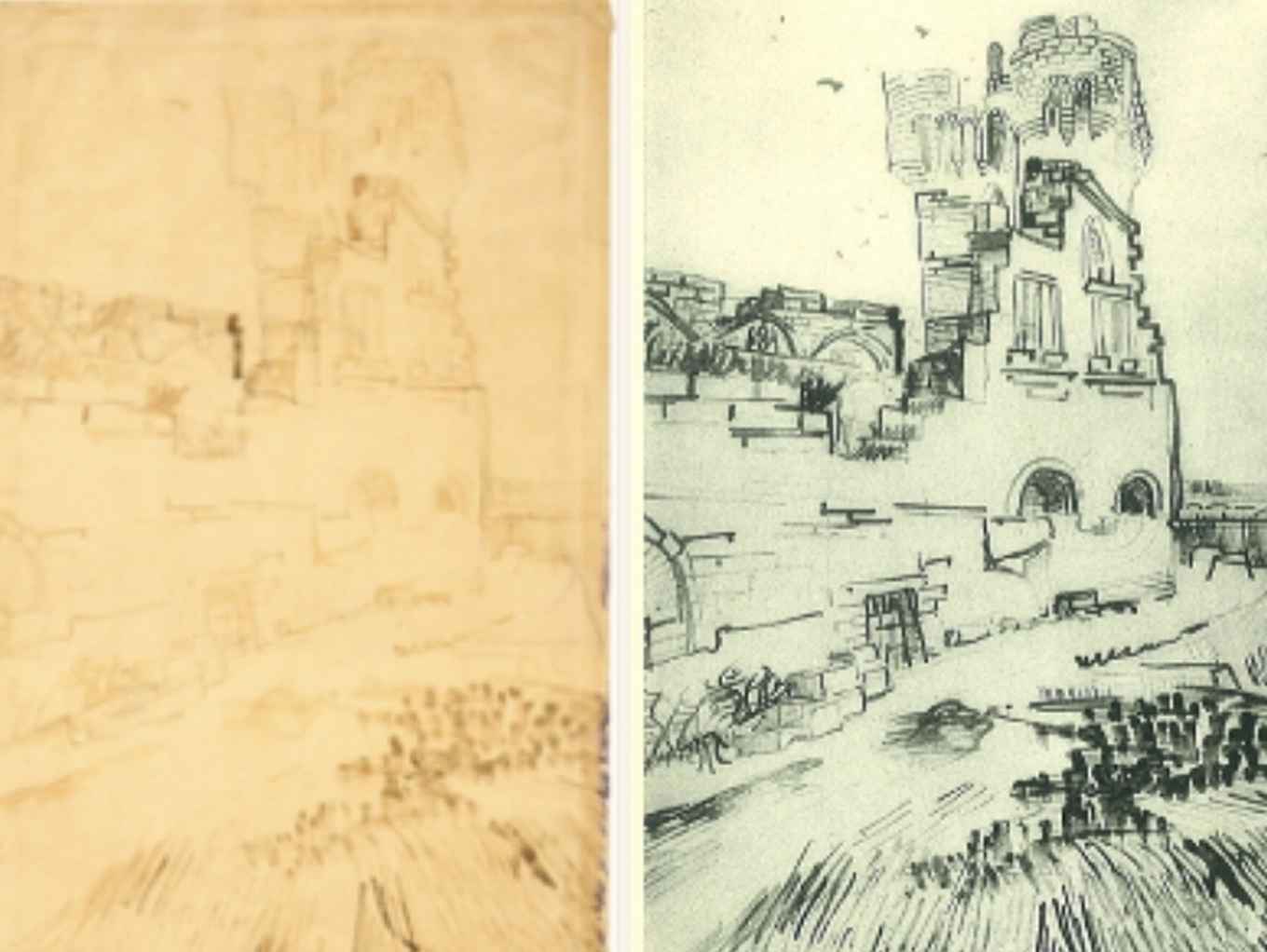Studying the chemistry of light-induced degradation
21 November 2017

The team consist of researchers from the Van ‘t Hoff Institute for Molecular Sciences (HIMS) and the Institute for Biodiversity and Ecosystem Dynamics (IBED), both at the University of Amsterdam and the Division of Bioanalytical Chemistry and the Section Biophotonics and Medical Imaging at the Vrije Universiteit Amsterdam.
Coordinated by professor Maarten van Bommel, who holds positions at both the Faculty of Science and the Faculty of Humanities of the UvA, the TooCOLD team will combine advanced analytical instrumentation, light-exposure technology and sophisticated data-analysis techniques to provide fundamental insights into the degradation mechanisms of many different components. An integral system will be developed to study light-induced degradation in a very fast and efficient way, speeding up the process by at least a factor of 20.
Challenging research
Many organic compounds change under the influence of light, in particular ultraviolet (UV) light. This can be beneficial, for example in water purification, but in many other cases light induces undesirable phenomena. It results, for instance, in fading of cultural-heritage objects, affecting their esthetical value. It can also cause degradation of healthy food ingredients (e.g. vitamins), or entail the formation of toxic components.
Studying these and other photochemical conversion processes is very challenging as it is often difficult to establish a strong link between the degradation products and the starting materials. In general this results in rather poor models for the prediction of light-induced degradation. Adding to this, degradation studies can be very time consuming.
Innovative, high-resolution analysis

The TooCOLD project aims at developing an innovative, high-resolution and fully orthogonal system to speed up the study the degradation of a wide range of components (including complex mixtures) under the influence of light. This will be done in three steps:
- First, the starting mixture will be separated using liquid chromatography (LC). The isolated components will be characterized by means of on-line mass spectrometry (MS) and trapped in an exposure cell for (surface-enhanced) resonance Raman Spectroscopy (SE)RRS.
- Next, these isolated components will be degraded in the exposure cell by light using e.g. lasers and/or LEDs, a process which can be monitored using (SE)RRS. This will help us understand the degradation mechanisms and will indicate whether the degradation is at a stage to proceed to the next separation step.
- The degradation products will then be separated using LC coupled with high-resolution MS.
Effect of degradation conditions
Degradation can thus be studied in an extremely fast, yet comprehensive way. Furthermore, the effect of degradation conditions can be studied by adding inhibitors or catalysts, or by varying the pH. An important aspect of the study is the development of data-analysis tools to identify the transformation products formed.

About the project
In the TooCOld project two PhD students and one postdoc will be appointed. It will be carried out within the Centre for Analytical Science Amsterdam (CASA, in which UvA and VU join forces) and in collaboration with LaserLab Amsterdam (hosted at the VU University, with participating research groups at the UvA, AMC and VUmc). Other partners are Unilever, the Van Gogh Museum, the cultural heritage agency of The Netherlands (RCE), PWN Technologies, KWR Watercycle Research Institute, and Da Vinci Laboratory Solutions.